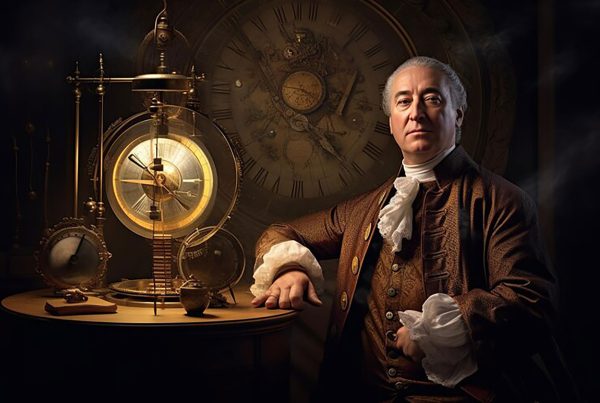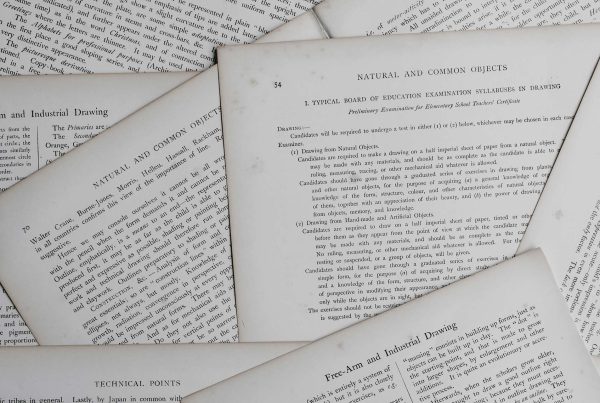Aristotle (384–322 BC) was born in Stagira but moved to Athens as a young man to study at Plato’s Academy. Following Plato’s death, Aristotle traveled, became tutor to Alexander the Great, and eventually returned to Athens to establish his own school, the Lyceum. He produced an extraordinary wealth of material on almost every topic, although much that remains and has come down to us are lecture notes and drafts rather than finished books.
Aristotle developed an early logical system based on four general categorical statements (roughly, simple quantifier statements) and the fourteen syllogistic inferences that they can form. This formal structure subsequently provides the framework for the natural sciences, which are considered deductively ordered bodies of knowledge, differentiated only in terms of their starting premises. Aristotle’s logic was accepted with only minor improvements until the twentieth century, and his model of scientific explanation as the deduction of particular phenomena from general principles continues to shape contemporary philosophy of science. Also influential was Aristotle’s reliance on teleology as an explanatory principle, both in terms of the overall behavior of physical phenomena and in understanding the development of biological systems. This framework was not challenged until the nineteenth century.
It was Aristotle’s explicit disagreement with Plato that had the most immediate impact on all subsequent philosophy. Given his empirical orientation, Aristotle argued that the Forms did not exist independently of the physical world and that virtuous behavior was to be understood in (teleological) terms of human flourishing rather than by the abstract appreciation of ideal entities.




































